How Ethereum shapes the future #4articles4weeks
 Yev Rachkovan
Yev Rachkovan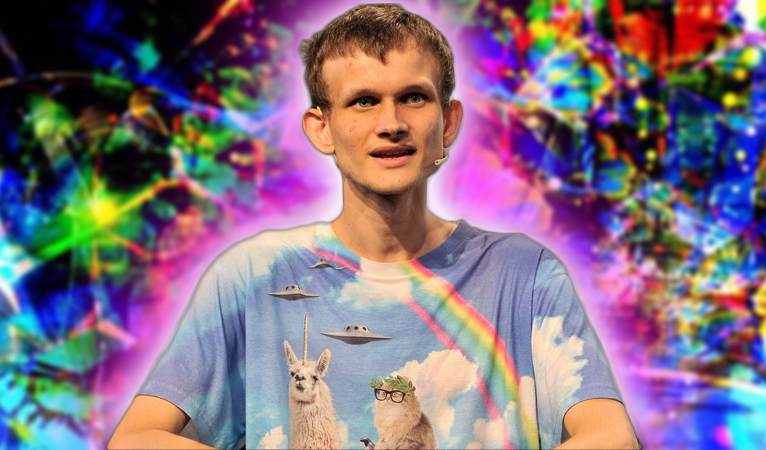
Which company or start-up inspires you the most and why?
Ok hold on here, I want everyone to understand the deep meaning of this question because have you ever thought of what "inspire" means?
For me, inspiration means the feeling of a bright future. Everyone has a different definition of a "bright future" and inspiration also can be different. Love may inspire you to build a family, motivational talk may inspire you to become rich, and professors may inspire you to study philosophy. But what combines them all is a future you desperately wanna see.
For the last 2 years of my life, my single most impactful inspiration is the project called Ethereum. Why is it so unique? It is not just one more technological initiation that will be used by geeks in labs, it is a promise, a promise of a decentralized world.
Ethereum is inspiring thousands of developers to build a world where people own what they create. Ethereum is doing it through the mechanism called tokenization. Think about it as well-known company shares, but instead of shared being regulated by a centralized government, they are regulated only by the creators of a company.
Why is this even a thing? Did you know that in order to invest in a young startup in the US you have to be a qualified investor with an annual income of more than $200k? Did you know that even if by some luck you get stocks of a young company you can not sell them till the moment the company allows you to do it? Or maybe you at least did know that companies like Meta a making millions by selling your data and giving you $0 in return?
Tokenization solves all of those issues and even more. Distribution of ownership through tokens allows communities to build more flat governance models without complex hierarchy and a totalitarian establishment. As a part of a community, you can sell tokens on the open market at any moment in time. As a part of ownership distribution, decentralized platforms like DeSo or Axie Infinity are giving people tokens for just playing a game or chatting on social media.
Software development in a decentralized era
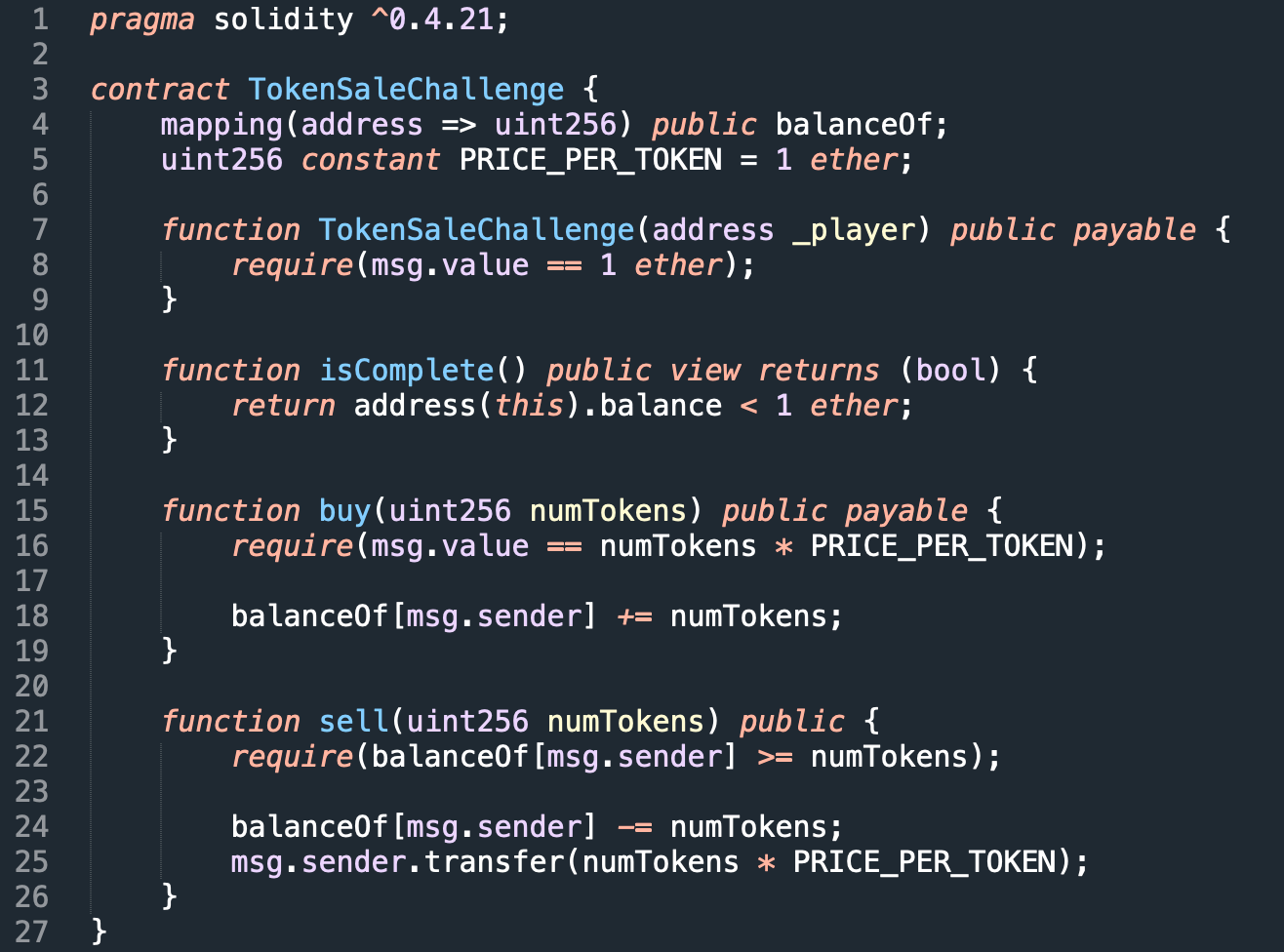
As a software developer, you may have heard of Smart Contracts and Solidity that allow you to build decentralized applications (DAPPS). The main difference between DAPP from common software is that it can be executed on different servers at different moments in time, and the result will be the same. DAPPS doesn't have any side effects except side effects related to changing the state of a blockchain.
Platforms like ChainLink allow you to communicate with an outside world through the entity called Oracle. With oracles, you can get data from some public API, or database or generate random numbers.
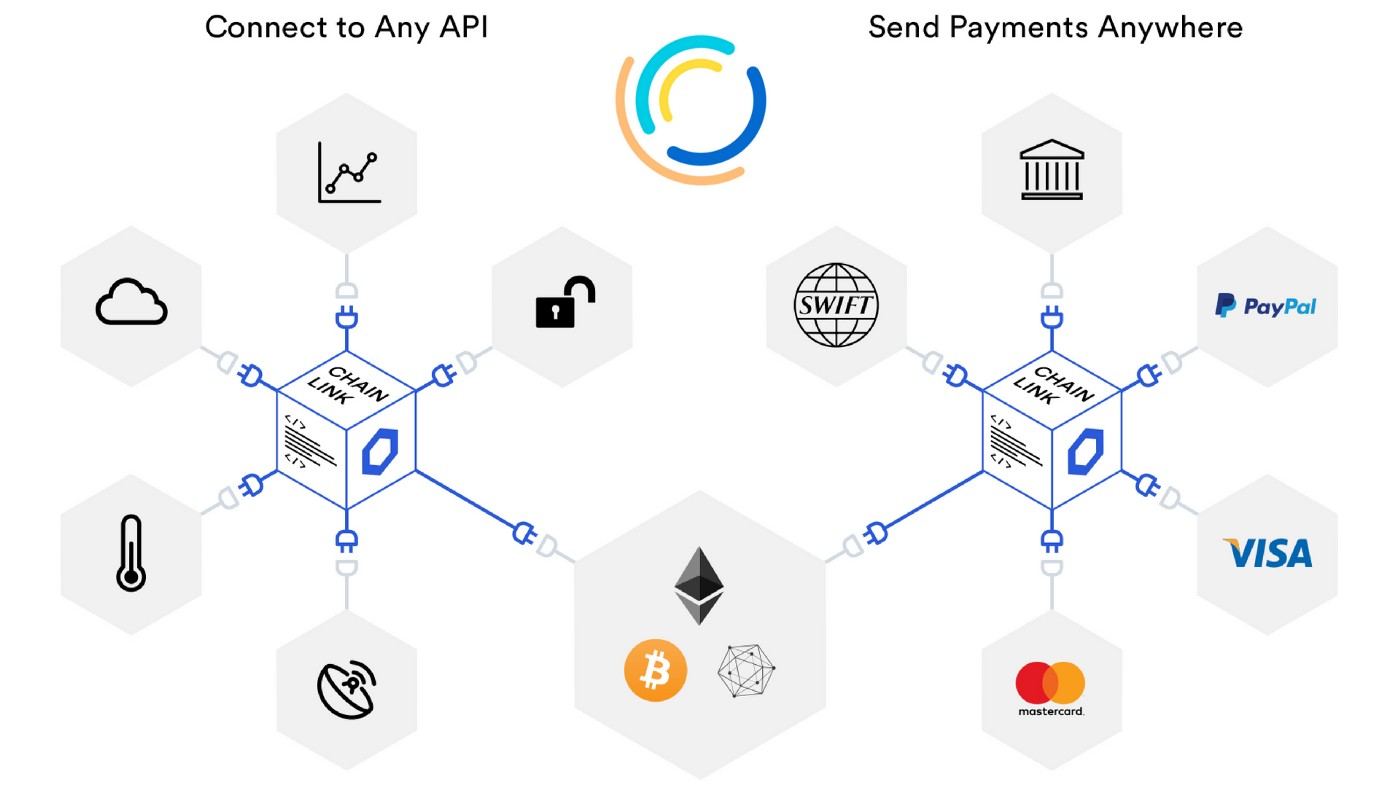
The smart Contract development market is growing extremely fast and very soon DAPPS may become an industry standard. When it happens, here is how it will impact your day-to-day life:
- DAPPS needs proper testing. A smart contract can not be changed after the deployment! There are mechanisms that allow you to do that, but each time you change code - you break a piece of trust in your product from the community side and pay pretty high fees. Unit testing and audition are must-haves.
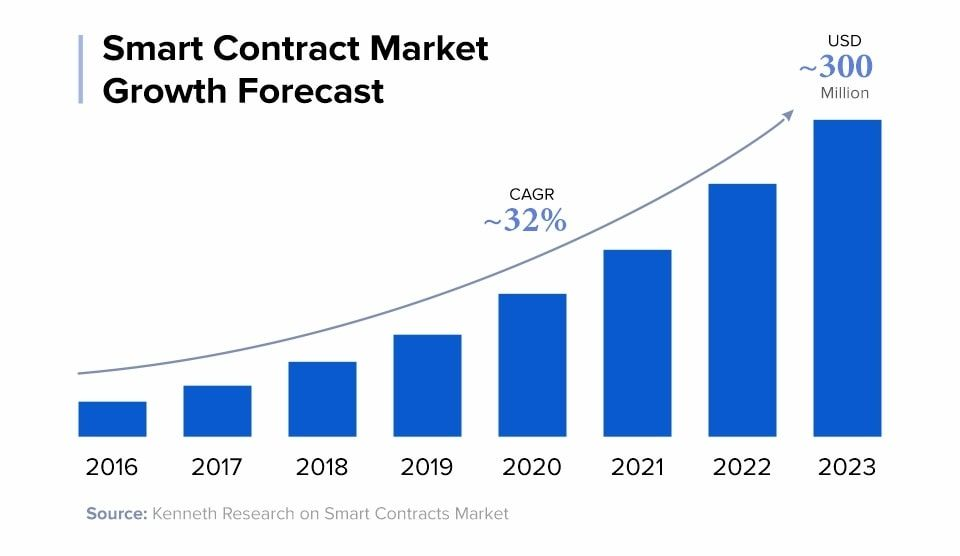
DAPPS have no issues with scalability as they are executed in Ethereum Network
DAPPS are mostly open source, learn how to work asynchronously in highly distributed teams.
Highly paid jobs of security analytics or SRE may start showing less demand, data will become more open and there will be much fewer private entities to secure and scale
Governance
As a cherry on the cake let's touch on a topic most of the developers may not be interested in but all of them will feel the change in governance and how companies are operated. As there is no centralized entity that controls how code in the ETH network is operating there are no limits on what a person can do with its assets or money flows.
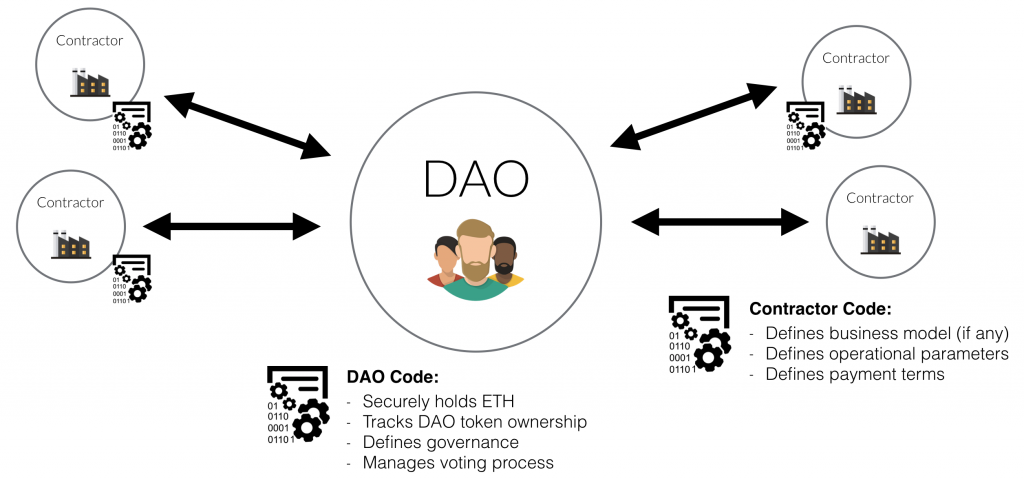
This is a very powerful statement because let's imagine for a moment when all payments across the internet getting handled in ETH. Imagine ETH not as one more currency but as a complex system of cash flow distribution that also handles things taxes. You can not control where your taxes go in the centralized system and you can not change the flow of taxes, they are attached to the place where you were born. Your country is defining what education system you will have, what low will you follow and what medical help you can expect to get. You can change it by migrating but this process is far not easy right, cause any centralized government wants you to leave.
Things may change when ETH unleashes its full potential. Now you can manually manage where your taxes go and now instead of subscribing to a service called "Country", you can subscribe separately to education, housing, or health providers.
And you know what is the sweeties part here? Such a system will follow a principle of "Open market" that everyone in 21 century loves and perceives as the only correct way of building innovation. But now innovation will touch not only consumer products but a government by itself.
Further reading:
Subscribe to my newsletter
Read articles from Yev Rachkovan directly inside your inbox. Subscribe to the newsletter, and don't miss out.
Written by

Yev Rachkovan
Yev Rachkovan
I have been coding all my life, which might be described as "a proven track record" or "delivering consistent results" on LinkedIn. I am currently on a mission to enslave humanity with the power of gamification so don't disturb me if it is not a question of civilisation importance. My skills include writing, re-writing, tweeting, startup founding, mixing cocktails, full-stack engineering and watching the same isekai over and over again. Proficiency ranges from excellent to absolutely awful.